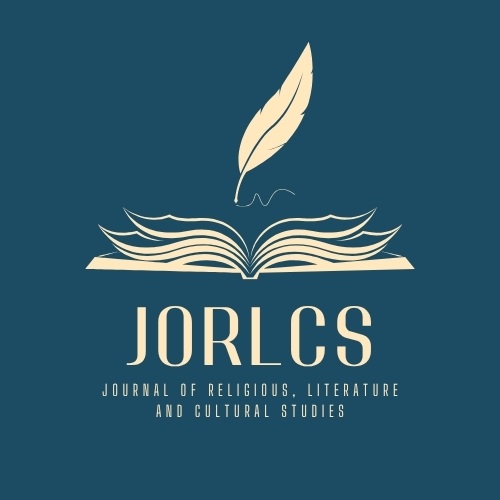The Essence and Evolution of Naat Poetry in Islamic Tradition
Keywords:
Na’t, Poetry, Islamic, Culture, Companions of Holy ProphetAbstract
This paper explores the concept, history, and spiritual significance of Naat poetry—the poetic praise of the Prophet Muhammad ﷺ. Scholars, poets, and intellectuals have defined Naat not merely as praise but as an expression of deep love, reverence, and spiritual insight. It transcends simple admiration and embodies a divine atmosphere where prayer, humility, and veneration converge to celebrate the Prophet’s unparalleled status as Allah’s Beloved. The tradition of Naat, rooted in the Prophet’s own time, was actively embraced by his Companions (Sahabah), many of whom composed poetic praises during and after his life. These Naats were reflections of sincere devotion, expressing both the joy of his presence and the sorrow of his physical departure. The poetic form was treated with utmost reverence—demanding purity of intention, aesthetic excellence, and theological precision, lest one slip into exaggeration or theological error. Sayyiduna ‘Ali رضي الله عنه described the Prophet’s unmatched persona using the word "Naat", emphasizing that encountering him inspired both awe and love—an affirmation of the word's early usage in Islamic tradition. The document highlights the Companions’ culture of Naat, how they channeled poetic expression into devotion, often without concern for literary fame. Poets like Allama Yusuf al-Nabhani carried this legacy into later centuries, and scholars such as Prof. Dr. Muhammad Ishaq Qureshi and classical narrators like Ibn Rashiq and Ibn Abd al-Barr noted its widespread acceptance and esteem. It also documents the Prophet Muhammad’s own gatherings that celebrated his noble lineage and birth—establishing Mawlid (celebration of the Prophet’s birth) not as an innovation, but as a Sunnah grounded in his own actions. These congregations, often public and on the pulpit, emphasized his blessed origin, moral excellence, and divine selection, and have inspired poetic tradition throughout Islamic history. Ultimately, Naat poetry is presented not just as a genre of literary creativity but as a form of devotional expression, a protector of faith, and a spiritual connection to the Prophet ﷺ. It remains a living tradition across the Muslim world, celebrated by scholars and common people alike, embodying a collective and timeless love for the final Messenger of God.




